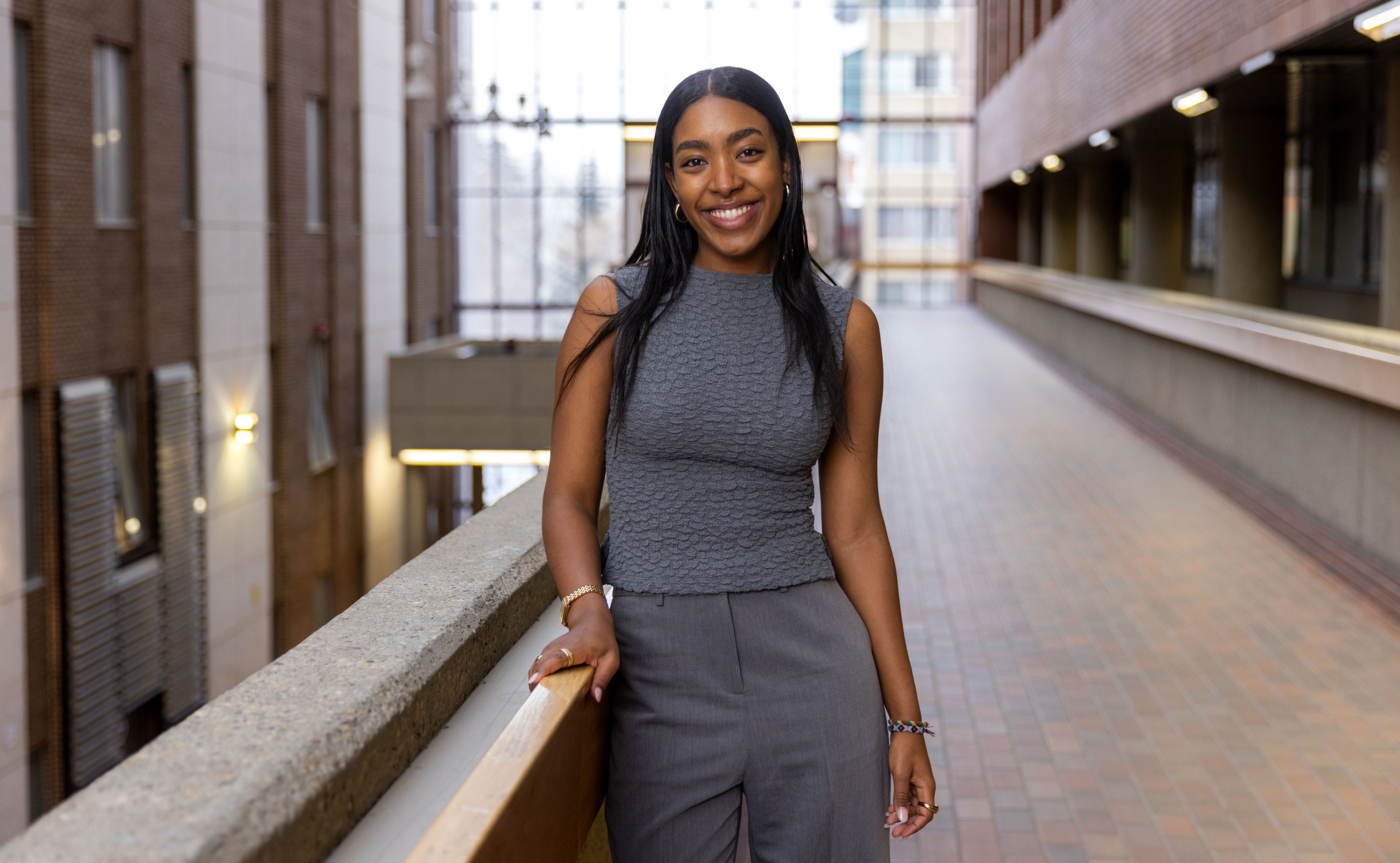For anyone who thought the challenges the world faced in 2021 would ease this year, February offered a grim reality check when Russia invaded Ukraine. The war compounded the woes of a world already beleaguered with a global surge of inflation in the wake of the COVID-19 pandemic, which has itself remained a stubborn adversary to public health worldwide. Add the increasingly evident effects of climate change and an “infodemic” of misinformation driving people into deeply divided ideological camps, and it can be all too easy to feel hopeless for the future.
But hope is something the University of Alberta community offers in abundance. It’s the guiding light on the path to the discoveries our researchers make every day. It shows in the passion and potential of students who seek their purpose here and go on to become tomorrow’s leaders, as well as grads who are already making change in the world. And it shines brightly in all those who strive to make the world healthier, safer, stronger and more just for everyone. Here are some of the stories that left us feeling hopeful this year.
Arrival of James Webb Space Telescope is next chapter for ‘mega-science’
The year began with a momentous occasion, as the successor to the Hubble Space Telescope reached its vantage point 1.5 million kilometres from Earth. It was the culmination of years of anticipation by space scientists worldwide — and by U of A historian Robert Smith, who has chronicled every phase of the Webb and Hubble missions for four decades. Closer to home, U of A anthropologists made discoveries that revealed the oldest human DNA ever found in Africa and the oldest known social network. And as the year drew to a close, another scientific high note — the discovery of two new minerals in a sample of a 15-tonne meteorite — further expanded the boundaries of what we know about our universe and ourselves.
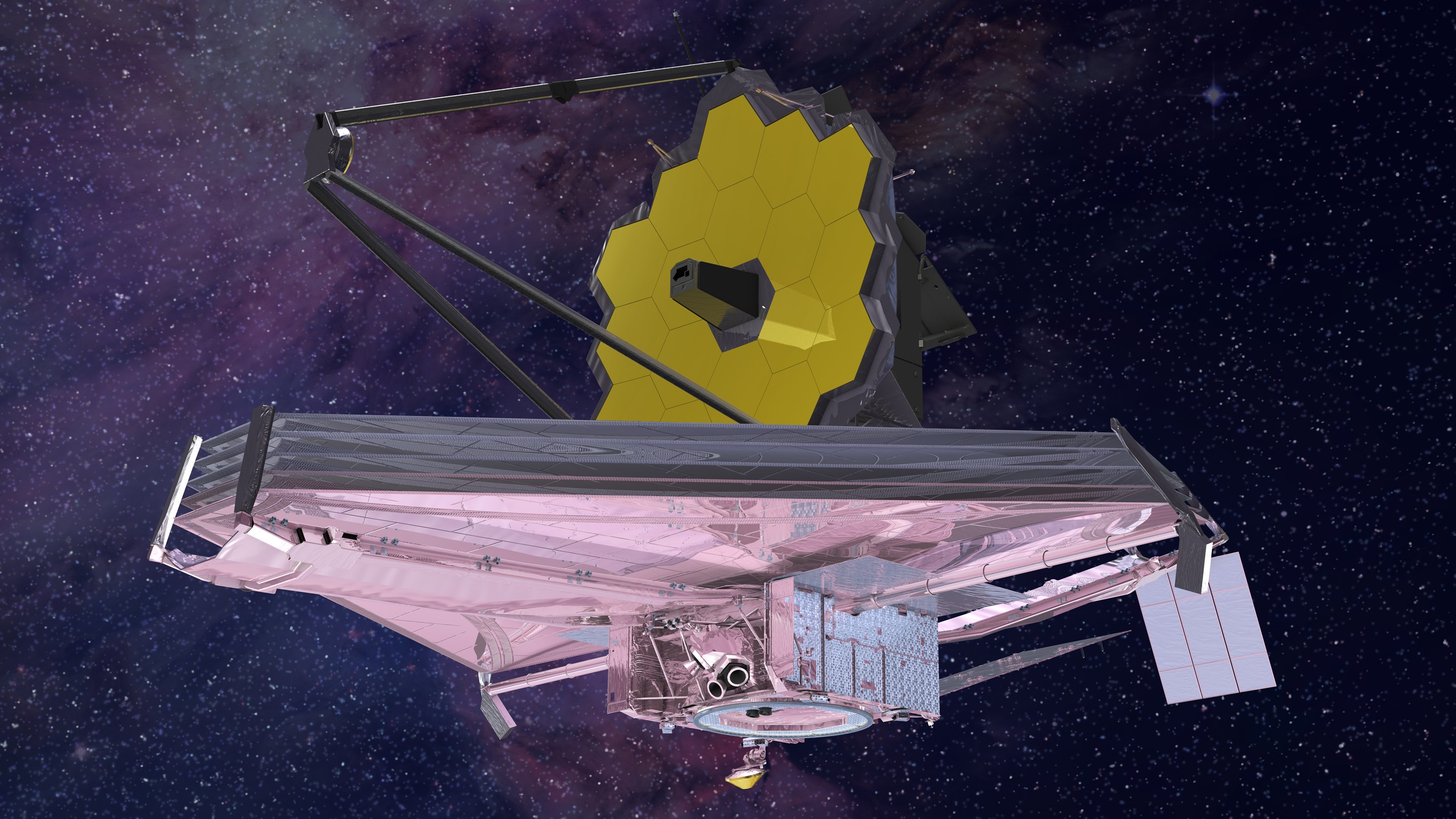
How a U of A program has helped thousands of women see themselves in STEM careers
To celebrate the 40th anniversary of the WISEST program, which aims to transform a spark of interest in science into successful careers for women in science, technology, engineering and math, there’s no more fitting tribute than data: in this case, numbers from a long-term study show that an average of 84 per cent of participants in the WISEST summer research program over the last 30 years went on to attend the U of A and enrol in STEM disciplines.
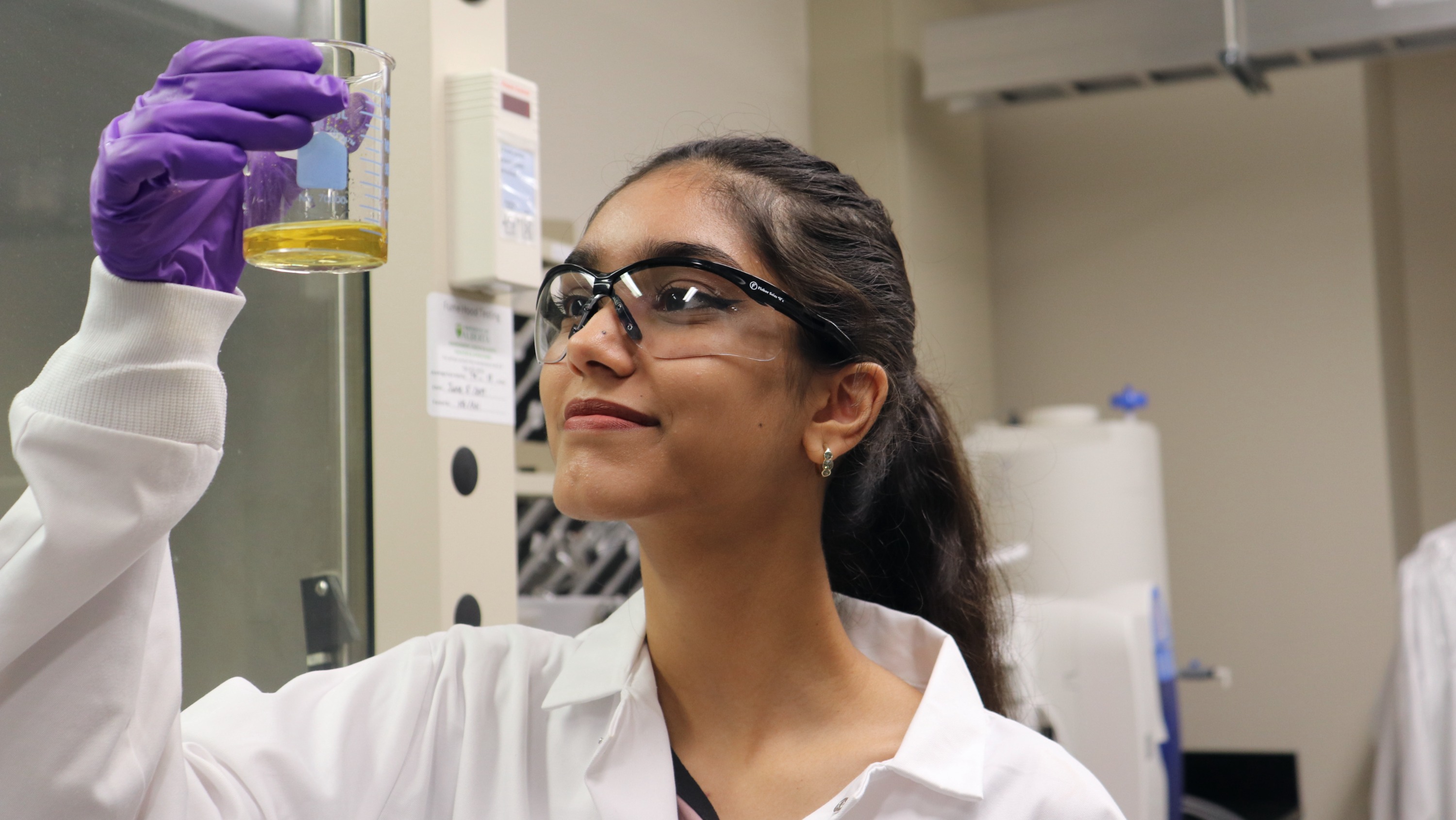
Hydrogen could be the next big thing in Alberta energy
Could Alberta become a leading supplier of hydrogen for a growing global market? According to engineering professor Amit Kumar, the province is already well ahead of the game, having developed large-scale hydrogen infrastructure and expertise for the oilsands industry. Then there are the U of A researchers working on innovative ways to produce greener hydrogen and high-value byproducts through startup companies like Aurora and Innova. And that’s not all: researchers are working across the full spectrum of energy transition, from capturing and using carbon and finding valuable uses for oilsands leftovers to improving rechargeable batteries and making power grids smarter.
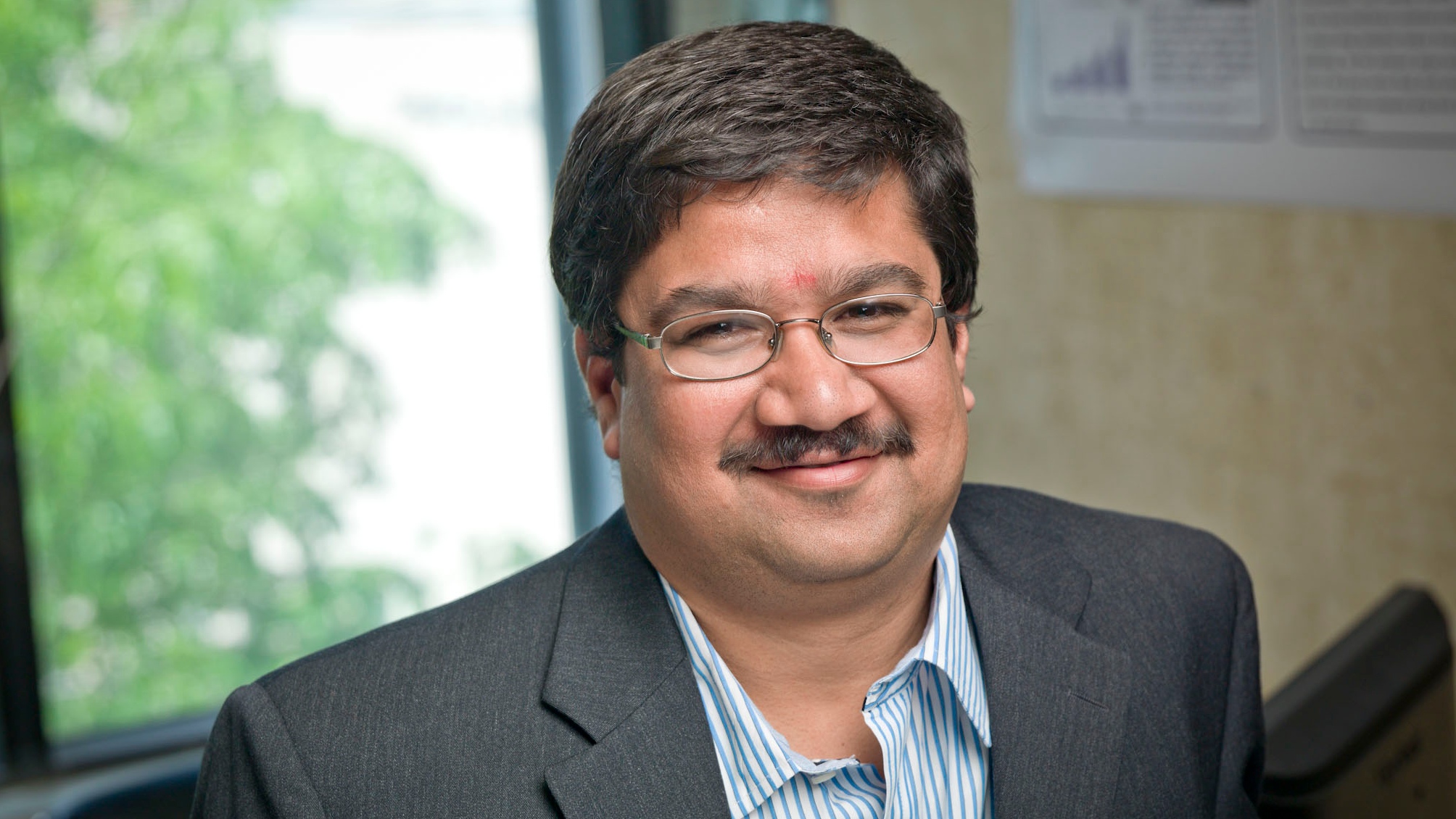
U of A ranked 11th in global list of top universities making an impact on sustainability
The U of A’s 53-place jump to 11th in the world in Times Higher Education’s Impact Rankings set the stage for a familiar refrain of “rising in global rankings” throughout the year. The university had its all-time best showing in the CWUR rankings, placing 77th in the world, and also climbed in the latest QS World University Rankings, the Academic Ranking of World Universities and the Times Higher Education rankings. In subject-specific rankings this year, the university stood out among the world’s best in areas including nursing and petroleum engineering, business administration, education, and medical and agricultural sciences.

Sweet success: world’s largest islet transplant program celebrates 20 years of changing lives for people with diabetes
After two decades of perfecting the technique known worldwide as the Edmonton Protocol, the team behind the revolutionary procedure reported that it is a safe, reliable and life-changing treatment for people with hard-to-control diabetes. And their groundbreaking work isn’t done yet: this year, James Shapiro, who headed up the team that developed the Edmonton Protocol, reported results from a clinical trial showing that insulin-producing cells grown from stem cells are safe for transplant.
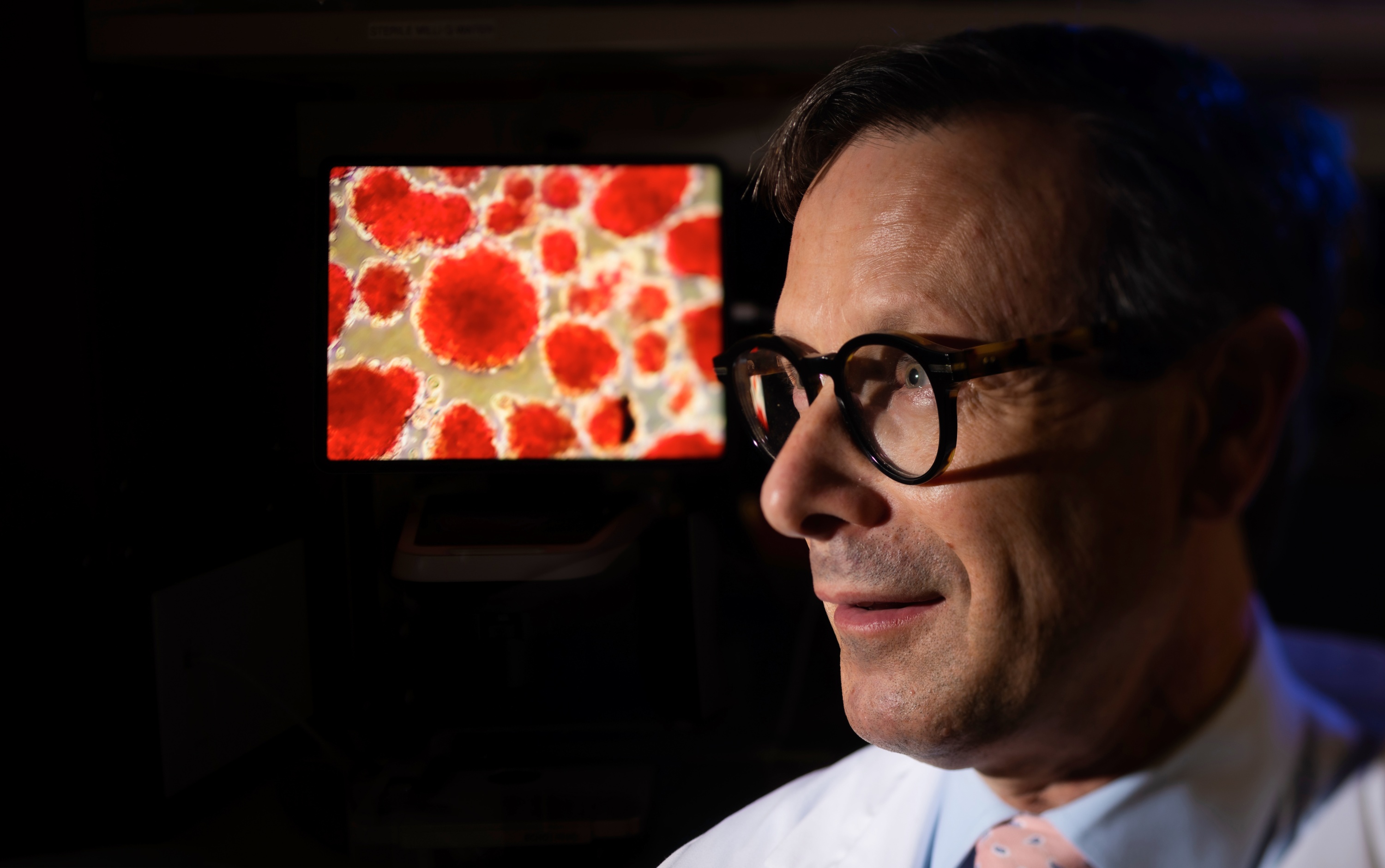
Braiding past, present and future: U of A launches Indigenous-led strategic plan
The launch of the university’s five-year plan to respond to the calls to action in the Truth and Reconciliation Commission of Canada’s Final Report marked a turning point in our story. Indigenous-led, grounded in Sweetgrass Teachings and deeply rooted in community, the plan sets out concrete measures to ensure Indigenous knowledge and ways of knowing are at the core of everything that happens at the U of A, whether it’s working with communities to revitalize Indigenous languages, giving students opportunities for land-based learning or imparting powerful lessons about colonization and the enduring richness of Indigenous traditions.
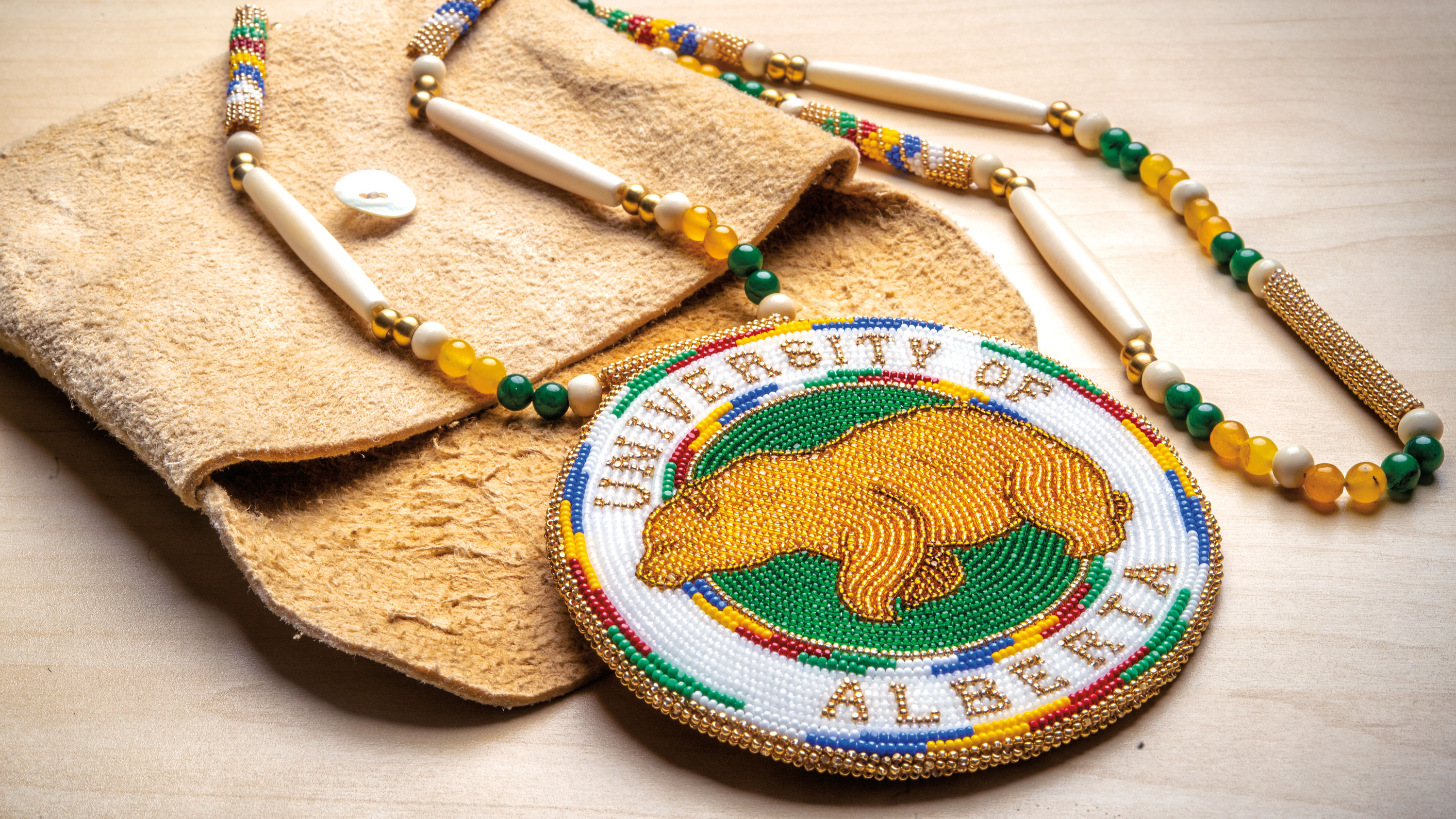
Award-winning student from Ukraine using U of A education to help his war-torn country
Perhaps no story this year was more inspiring than that of Igor Klymenko, who went from taking shelter in Ukraine’s countryside to taking computing science courses at the U of A’s Augustana Campus — and won a $100,000 global student prize for his prototype drone that can detect landmines. Or of Oleksandr Melnyk, a Ukrainian scholar whose voice was at risk of being silenced by war until he escaped to Canada and the U of A to continue pursuing knowledge that is more vital than ever. Or of Natalia Khanenko-Friesen, director of the Canadian Institute of Ukrainian Studies, who is focused on engaging scholars around the world to fight misinformation about Russia’s invasion of Ukraine. Individually and collectively, their stories are examples of how the U of A stands with Ukraine.
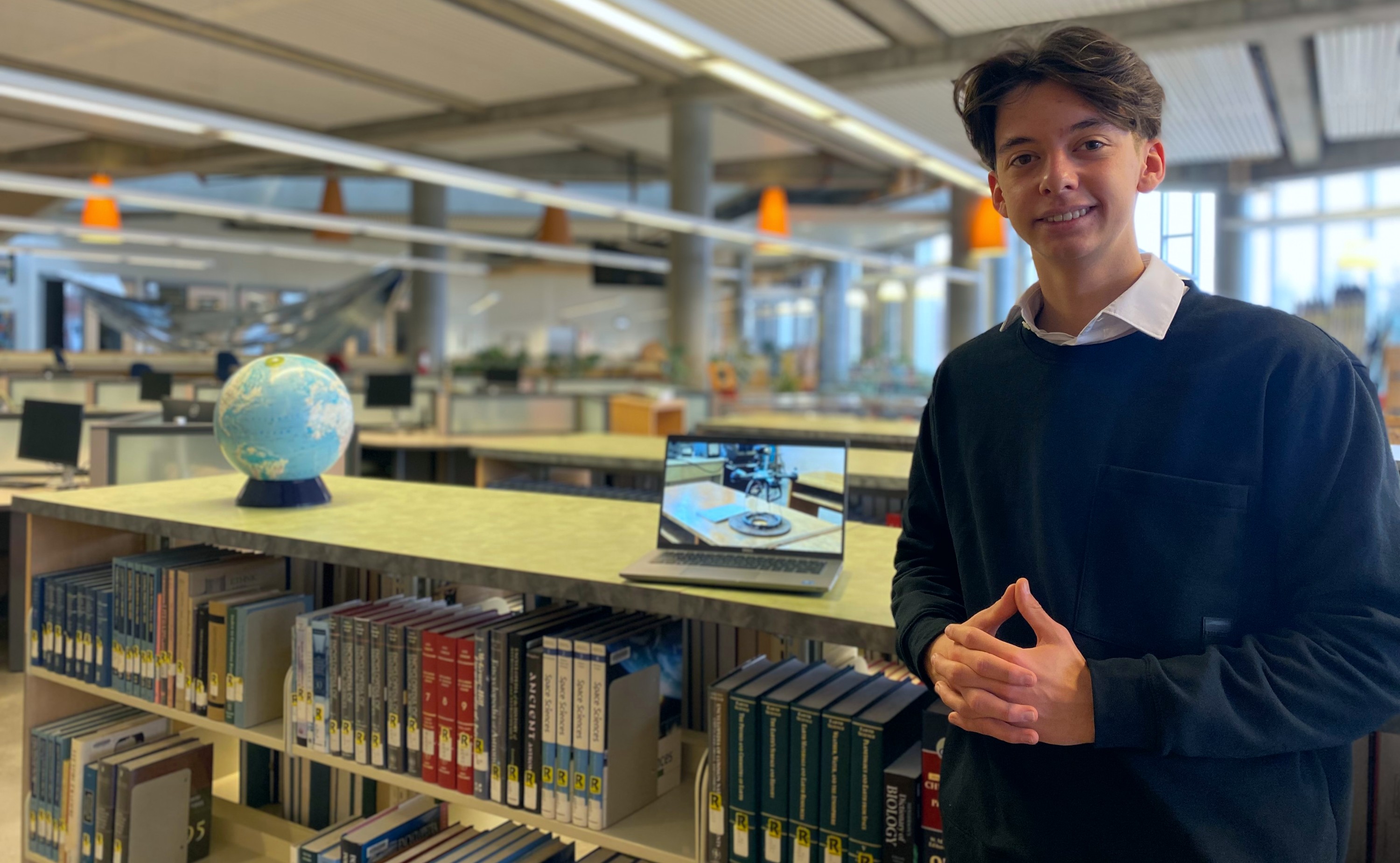
World at a ‘tipping point’ in climate change talks, COP27 delegate says
Among the 45,000 representatives from nearly 200 countries who attended the UN’s 27th climate change conference in Egypt this November was U of A public health researcher Sherilee Harper. Harper is lead author on a key report from the Intergovernmental Panel on Climate Change that outlines how climate change is unevenly affecting health around the world. Also in attendance was U of A president Bill Flanagan, who later reflected on his experience representing the U of A and the Worldwide Universities Network at a panel event. Flanagan’s assertion that universities can play a key role in tackling climate challenges found proof in the work of U of A researchers in a wide range of areas, such as assessing the emissions risk from thawing permafrost, pinpointing urban hotspots, developing hardier canola and wheat crops, helping cities improve disaster planning, and Harper’s work preparing graduate students to find solutions.
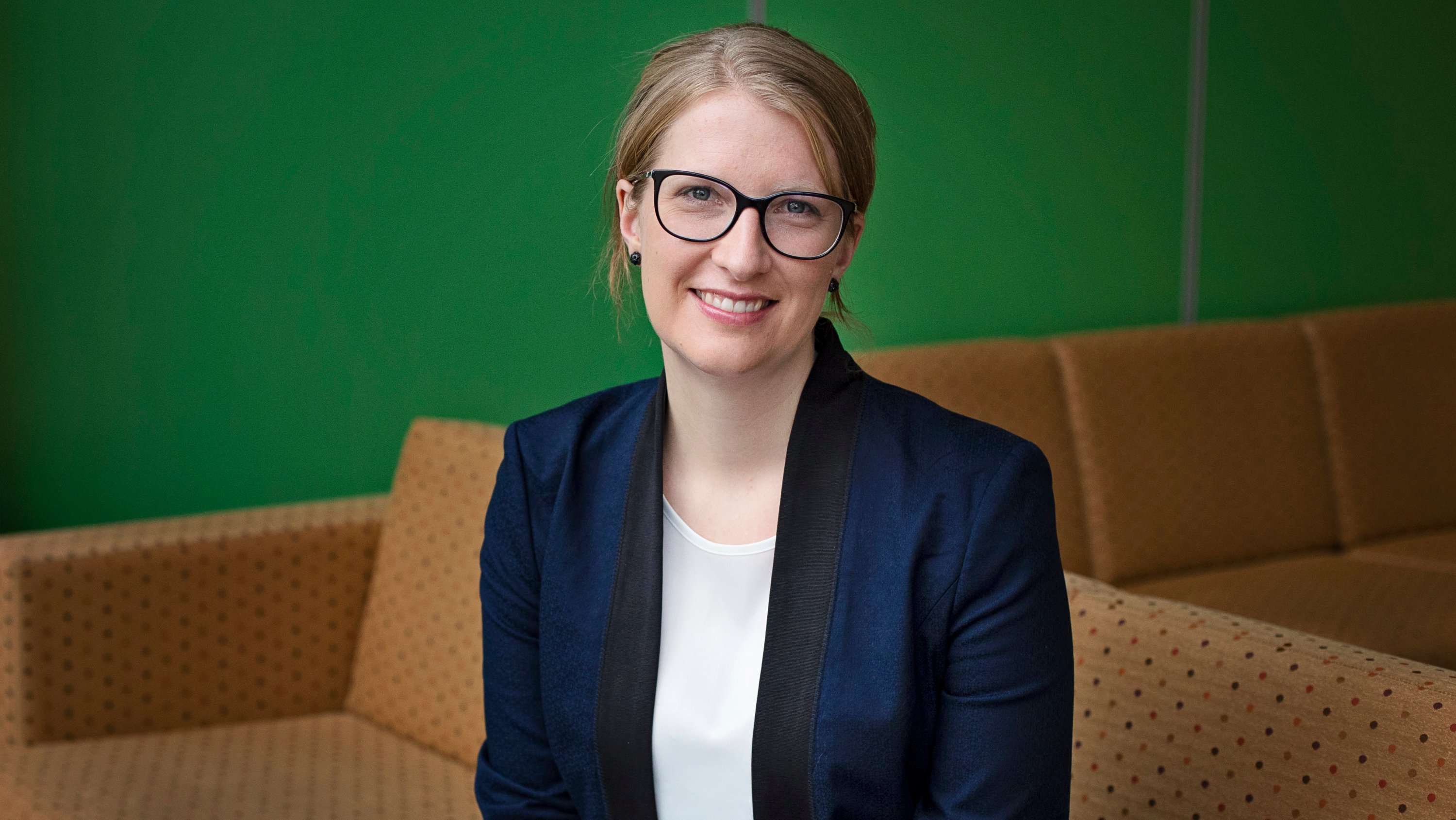
PhD grad brings Métis literary history to light with groundbreaking thesis
Earning a PhD is always cause for celebration, but for Matthew Tétreault, that’s just one reason he’s having a very good year. The doctoral grad in the Department of English and Film Studies won a Governor General’s Gold Medal for his dissertation, which is considered the first literary history of the Red River Métis. As if that weren’t enough, he’s also got his first novel coming out soon, based on his master’s thesis. Matthew is just one of the up-and-coming change makers, community builders and world shapers we highlighted during convocation this year, so check out their stories and be inspired!
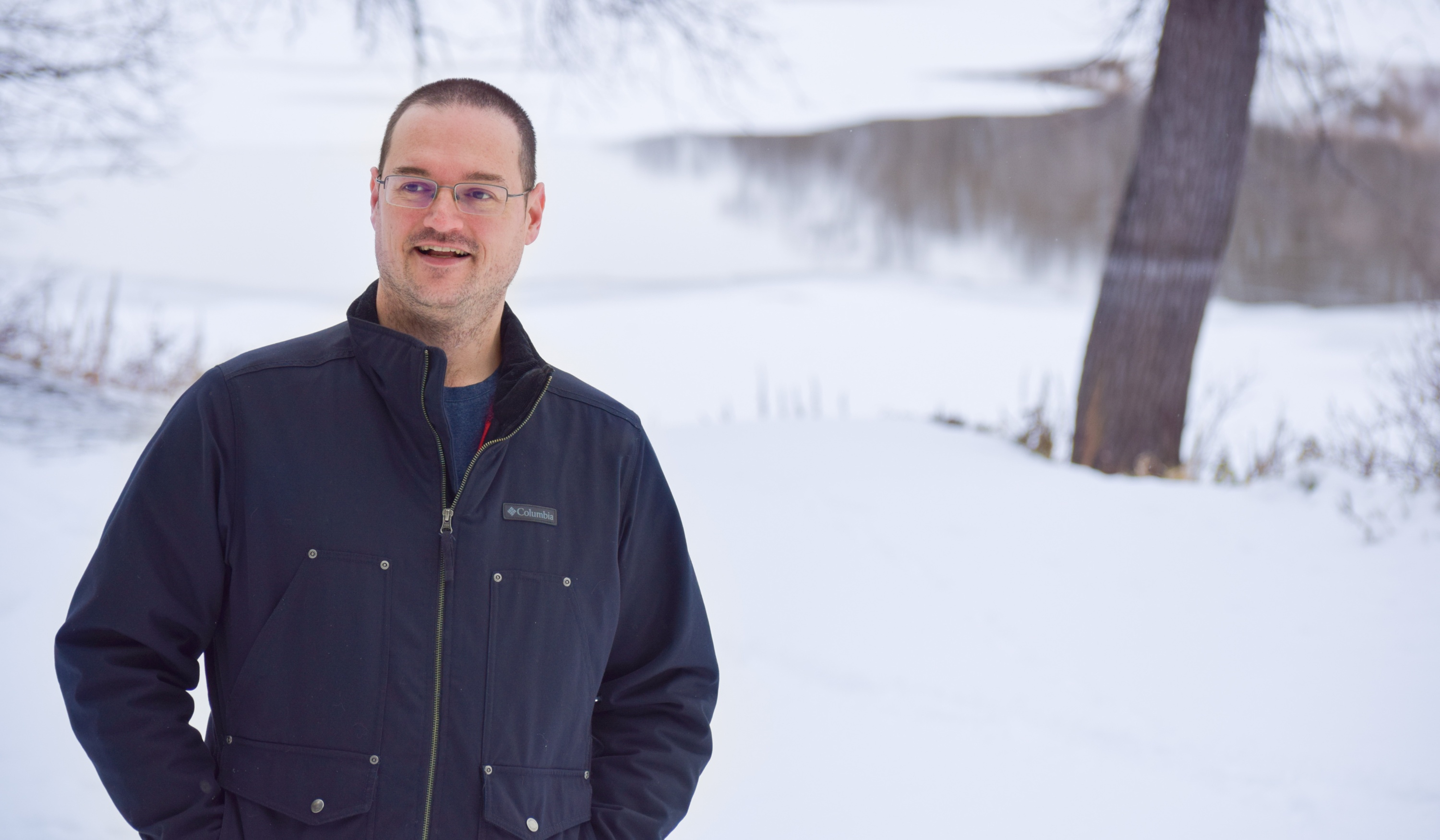
U of A Rhodes Scholar draws profound parallels between personal and cultural memory
As the 77th Rhodes Scholar to come from the U of A, Abigail Isaac is headed to Oxford to undertake two master’s degrees with a focus on justice for forcibly displaced populations — a passion her cultural heritage and personal experiences make her particularly qualified to pursue. When passion and potential meet in brilliant students like Abigail, or like the U of A’s newest Schulich Leaders and previous Schulich Leaders, it’s easy to agree with the words of Abigail’s thesis supervisor: “I can’t wait to see what she does next — I just know it will be world-changing.”
